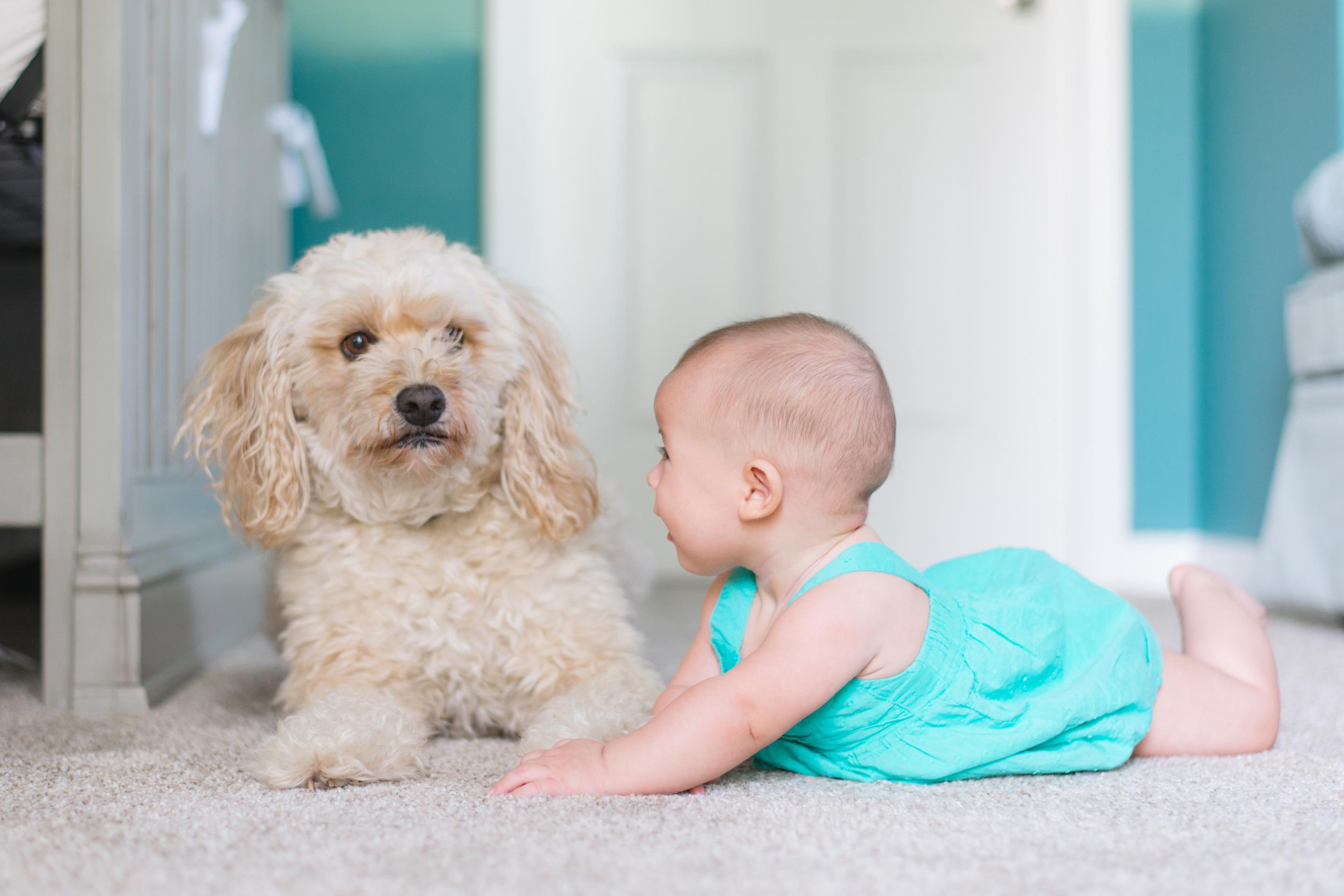A staple of today’s family photos, pets can feel like family members and friends now more than ever. Most children will likely go through one or several phases of wanting a furry friend and if your household is free of any serious allergies and has the situation/space equipped to keep a pet healthy, it may be a serious consideration for you.
That being said, if you have a child on the spectrum you always have to keep their needs and what’s best for them in mind, especially with an important life decision like getting a pet. In this post, we’ll breakdown the benefits and considerations you should keep in mind when considering a pet and how autism and pets relate.
The Benefits
Though it shouldn’t serve as a replacement for early intervention and therapy, research does support that there are benefits to having a pet in the home for many children on the spectrum.
Amongst those benefits is an increase in prosocial behavior. Studies demonstrated that children on the spectrum are more likely to display more social behaviors compared to their peers when they have a pet in the home. Communicating with the pet encourages overall communication skills which can translate into a stronger ability to build interpersonal relationships with peers and relatives.
Another benefit is the added layer of responsibility and task management involved in pet ownership. Involving your child in the training and daily care of your pet can prove to be a valuable experience by teaching responsibility and practicing effective task management. For example, adding the daily routine of feeding and walking the dog to your child’s day can teach them to manage time, practice their motor function and get exercise while they do it. Though we always recommend supervision, involving them early can help foster independence in your child as they learn to handle these tasks on their own. Not to mention it’s great for your pet to have a healthy relationship with your child.
Research also demonstrated that having a pet in the house can support your child’s comfort and prove to be a form of stress relief. Even just one interaction with a live animal helped improve children’s mood and prompted them to display prosocial behavior as demonstrated in this study.
The Considerations
Though the benefits are plenty, so are the considerations. When considering bringing a pet into the home for your child with autism you should ask yourself the following questions:
- Does your child have any animal-related allergies? If so, what are they?
- Does your child have any experience interacting with live animals?
- If so, have those interactions gone well? Do they understand what not to do?
- Does your current and future daily routine allow for extra time to be allotted for the proper care of the pet?
- What kind of temperament would work best for your household?
- Do you have plenty of space to designate for your pet?
- Can your family commit to training that pet to be obedient and good with children?
This list is by no means comprehensive, but is instead meant to get to the root of pet ownership: responsibility. It will no doubt take the whole family to ensure the proper care of a pet, especially if it is a new pet. Thus, it’s crucial to have everyone on board and understanding the responsibilities and duties that lie ahead.
Options
There are countless options for pets these days, ranging from dogs to reptiles to birds and everything in between. So, what is the best pet for a child on the spectrum? While there isn’t really a definitive answer, many families have had success with dogs, cats and even smaller animals like Guinea pigs, hamsters or fish.
If considering a dog or cat, there are countless options for where to adopt in Chicago and beyond. Most shelters will also have a comprehensive profile on their furry occupants, providing details on the pet’s temperament, training, breed characteristics and whether or not they would be good with children and families. Most shelters will also require a thorough adoption application that covers the basic duties of pet ownership. Either way, you have plenty of options and the resources are many.
For more autism and ABA related news, don’t forget to keep up with us on Facebook, Instagram and Twitter.



